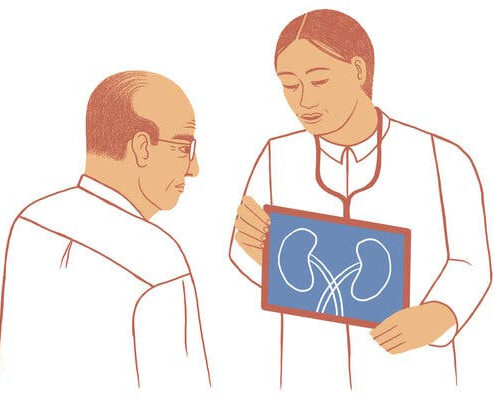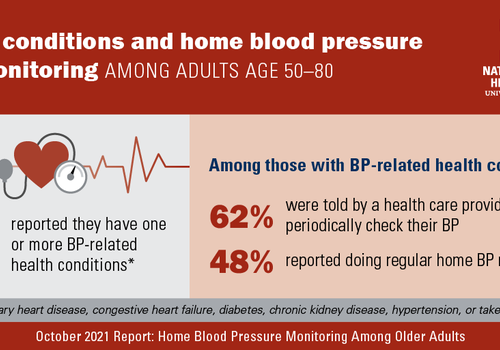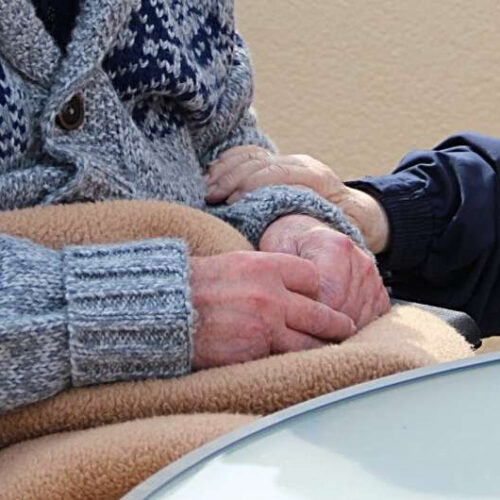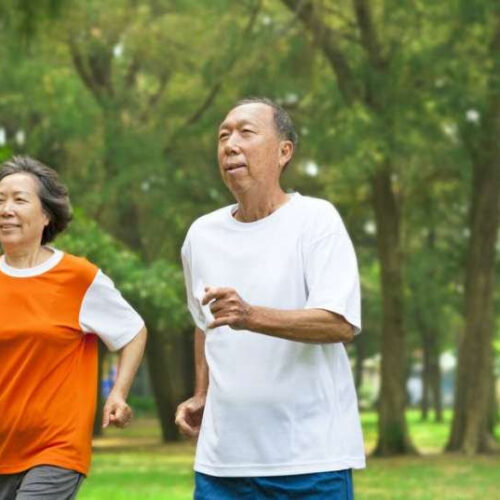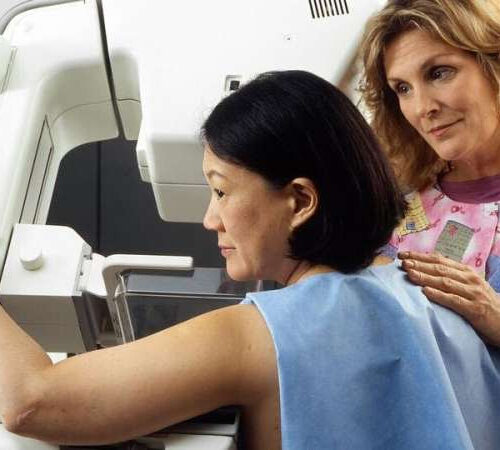By Jane E. Brody If the public has learned anything about medicine during the Covid-19 pandemic, it is that science is constantly evolving. New findings can change how experts define a given illness, as well as how they diagnose, prevent and treat it. Such is the case, a new study suggests, with chronic kidney disease. A...
Tag: <span>older adults</span>
Many at-risk older adults aren’t checking blood pressure at home, or being encouraged to do so
MICHIGAN MEDICINE – UNIVERSITY OF MICHIGAN IMAGE: A HIGH PERCENTAGE OF ADULTS AGE 50 TO 80 HAVE A CONDITION THAT IS SENSITIVE TO BLOOD PRESSURE, AND ACCORDING TO GUIDELINES THEY SHOULD BE MONITORING THEIR PRESSURE AT HOME. BUT A NEW POLL SHOWS ONLY 48% ARE, AND 62% HAVE BEEN TOLD BY A HEALTH PROVIDER TO...
A new approach to determining post-acute care for older adults with dementia
by Robert Burke, University of Pennsylvania Credit: CC0 Public Domain Are older adults with dementia “rehabbed to death?” This is the contention of a perspective published in the New England Journal of Medicine, describing the downward cycle of rehospitalization leading to death that many of these older adults experience. Hospitalization is a particularly significant event for older...
Mindfulness may improve cognition in older adults
by University College London Credit: Pixabay/CC0 Public Domain Mindfulness may provide modest benefits to cognition, particularly among older adults, finds a new review of evidence led by UCL researchers. The systematic review and meta-analysis, published in Neuropsychology Review, found that, while mindfulness is typically geared towards improving mental health and well-being, it may also provide additional benefits...
Understanding the variability in responses to COVID-19 illness in older adults
by Ciara O’shea, Trinity College Dublin Fig. 1. Neutralizing auto-Abs against IFN-α2 and/or IFN-ω in patients with life-threatening COVID-19. (A) Gyros (high-throughput automated ELISA) results for auto-Abs against IFN-α2 and/or IFN-ω in patients with critical COVID-19 (N=2,240), severe COVID-19 (N=500), or asymptomatic/mild SARS-CoV-2 infection (N=663). (B) Schematic representation of the neutralization assay developed in HEK293T cells,...
Four ways older adults can get back to exercising without the worry of an injury
by Helen Branthwaite, The Conversation Exercise is important for maintaining muscle mass. Credit: Tom Wang/ Shutterstock We naturally lose muscle mass as we get older. This process starts around the age of 36, and by the time we are 80 we’ve lost about 50% of our muscle mass. Long periods of inactivity can also cause us to lose a greater amount...
Fewer than half of older adults discuss alcohol with providers
COLUMBIA UNIVERSITY’S MAILMAN SCHOOL OF PUBLIC HEALTH Over one-quarter of U.S. adults age 65 and older who used alcohol and had a healthcare visit in the past year were not asked about their alcohol use with their healthcare providers, according to a new study by Columbia University Mailman School of Public Health. Older women in...
Rates of adverse events lower with apixaban for A-fib in older adults
(HealthDay)—For older adults with atrial fibrillation, apixaban is associated with lower rates of adverse events than warfarin across all frailty levels, according to a study published online July 20 in the Annals of Internal Medicine. Dae Hyun Kim, M.D., M.P.H., Sc.D., from Harvard Medical School in Boston, and colleagues examined outcomes for Medicare beneficiaries with atrial...
The sense of smell in older adults declines when it comes to meat, but not vanilla
UNIVERSITY OF COPENHAGEN – FACULTY OF SCIENCE Contrary to what science once suggested, older people with a declining sense of smell do not have comprehensively dampened olfactory ability for odors in general – it simply depends upon the type of odor. Researchers at the University of Copenhagen reached this conclusion after examining a large group...
How should predicted life expectancy guide cancer screening decisions for older adults?
by Johns Hopkins University New Johns Hopkins Medicine study suggests cancer screenings — mammograms for women and prostate exams for men — for older adults should be individualized and not based on predicted life expectancy. Credit: Public domain image Clinicians say timely and accurate screenings can facilitate early detection of and reduced death rates from cancer. However,...

